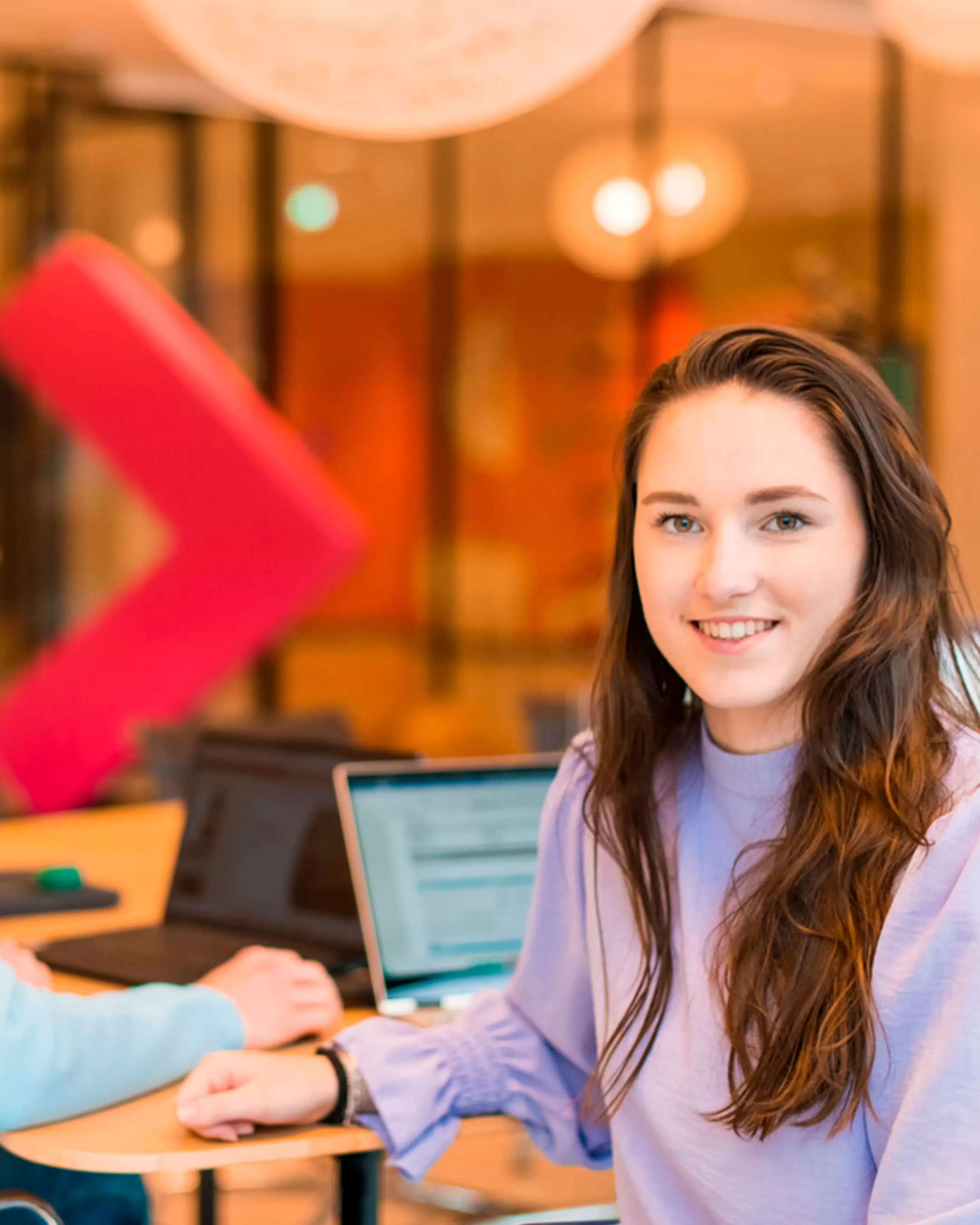
Programmes

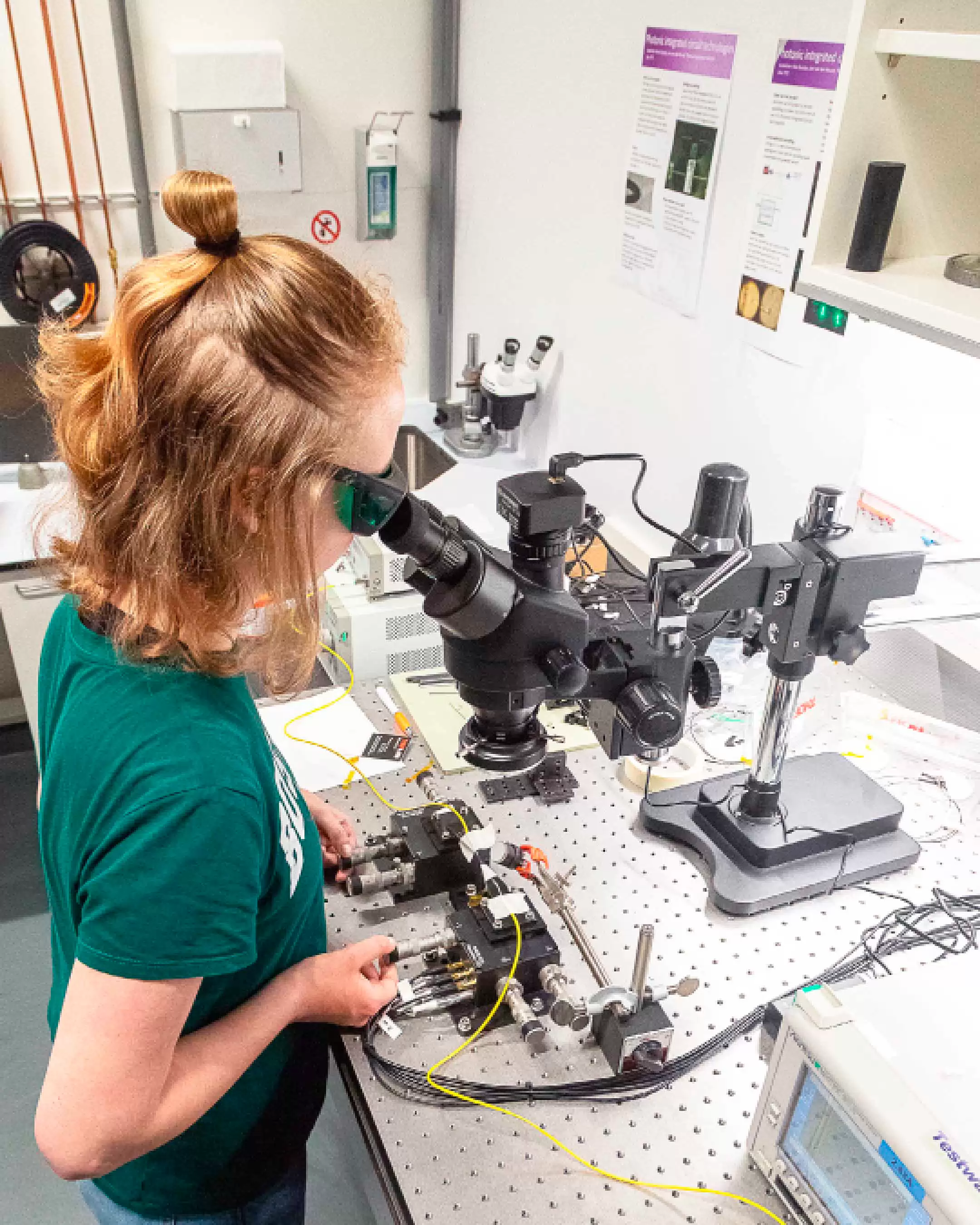
Check all deadlines
Open days and more
Upgrade your smartphone, design smart textiles, or optimize X-ray equipment. The Applied Physics program teaches you to understand and apply physics. Develop solutions and optimize processes in areas ranging from healthcare and sustainability to vehicles and sound safety.
Improve physical processes in solar cells or in radiological hospital equipment.
Theoretical education, project work, and lab experiments await you.
A small-scale program with personal attention and guidance.
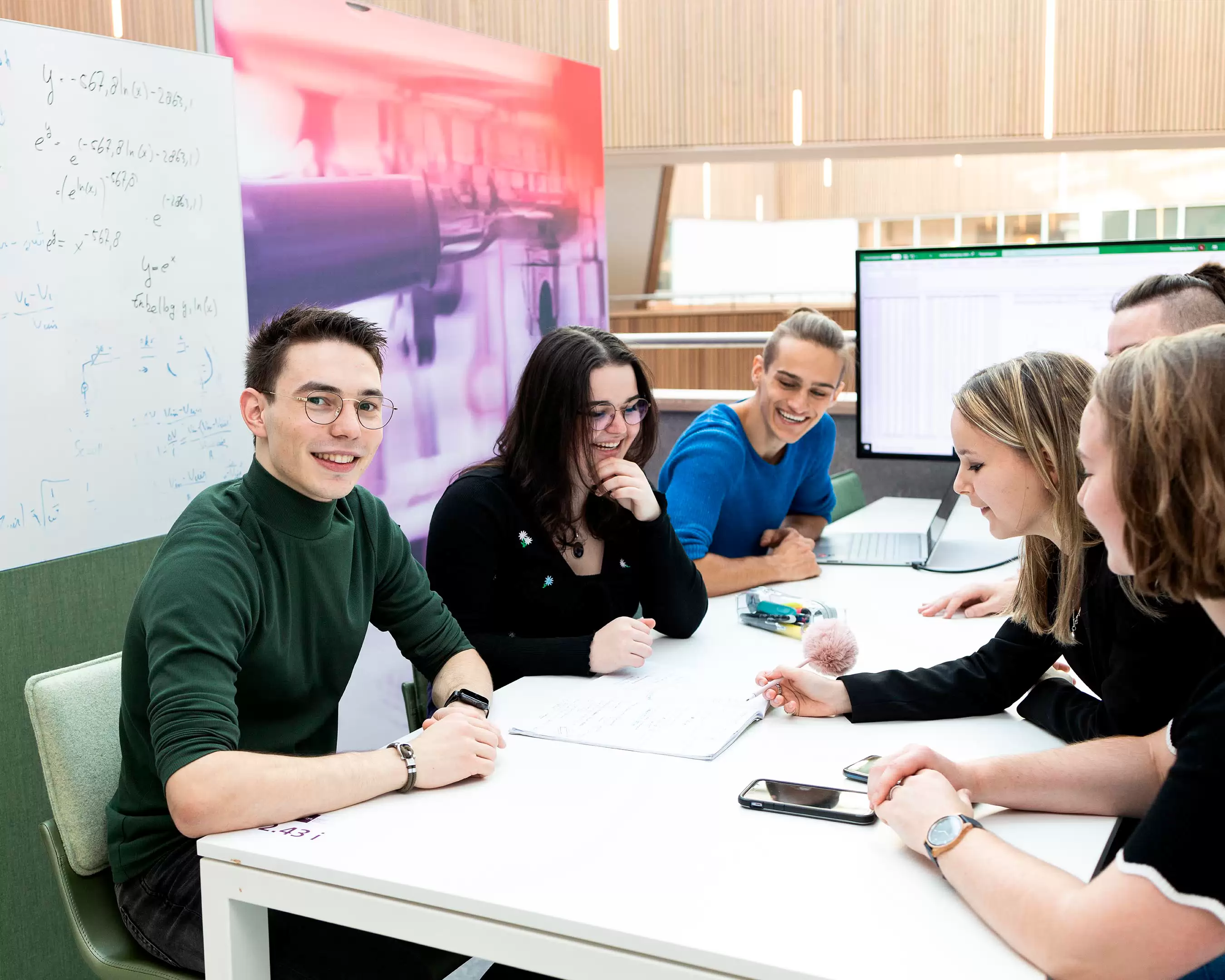
Physics is incredibly versatile! You dive into topics like optics, mechanics, mathematics, thermodynamics, atomic and nuclear physics, electromagnetism, quantum mechanics, and thermodynamics. You’ll learn about how the world works, from the tiniest particles to the largest galaxies.
A broad foundation in mathematics, physics, (measurement) technology, and programming.
In projects, you will learn the steps to take in conducting physical research.
The program is a balanced mix of theory and practice.
During your studies, you will apply theory in your practicals and projects. You’ll work both independently and with peers, receiving tailored guidance. Whether you are working on machine learning or building a quantum mechanical setup, your talents and growth will be emphasized.
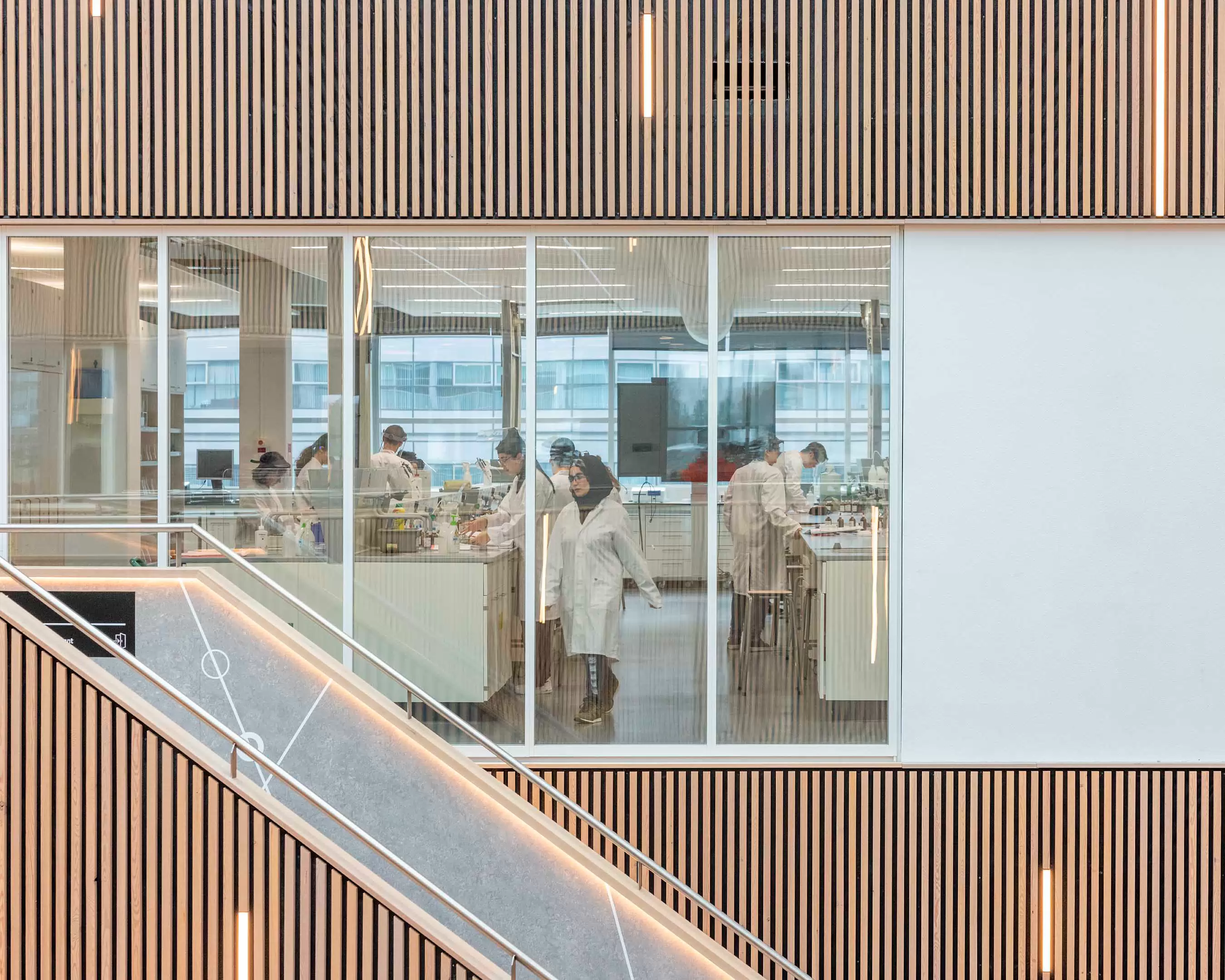
With a degree in Applied Physics, your possibilities are endless. Do you want to work at TNO or DIFFER? Or at ASML, VDL, Canon, DAF, or Bosch? How about working in hospitals or consulting firms? Continuing your studies with a master's program is also an option. The choice is yours.
Make sure to check all admission requirements.
Discover our campus: beautiful and well-equipped study spaces, trendy coffee corners, and pleasant campus squares. Everything for your growth and enjoyment!
Easily calculate your tuition fees with the tuition fees indicator. Besides tuition fees, you will also need to budget for study materials, a laptop, the introduction programme, and more. Find details about monthly living costs on our Finance page.
All about finances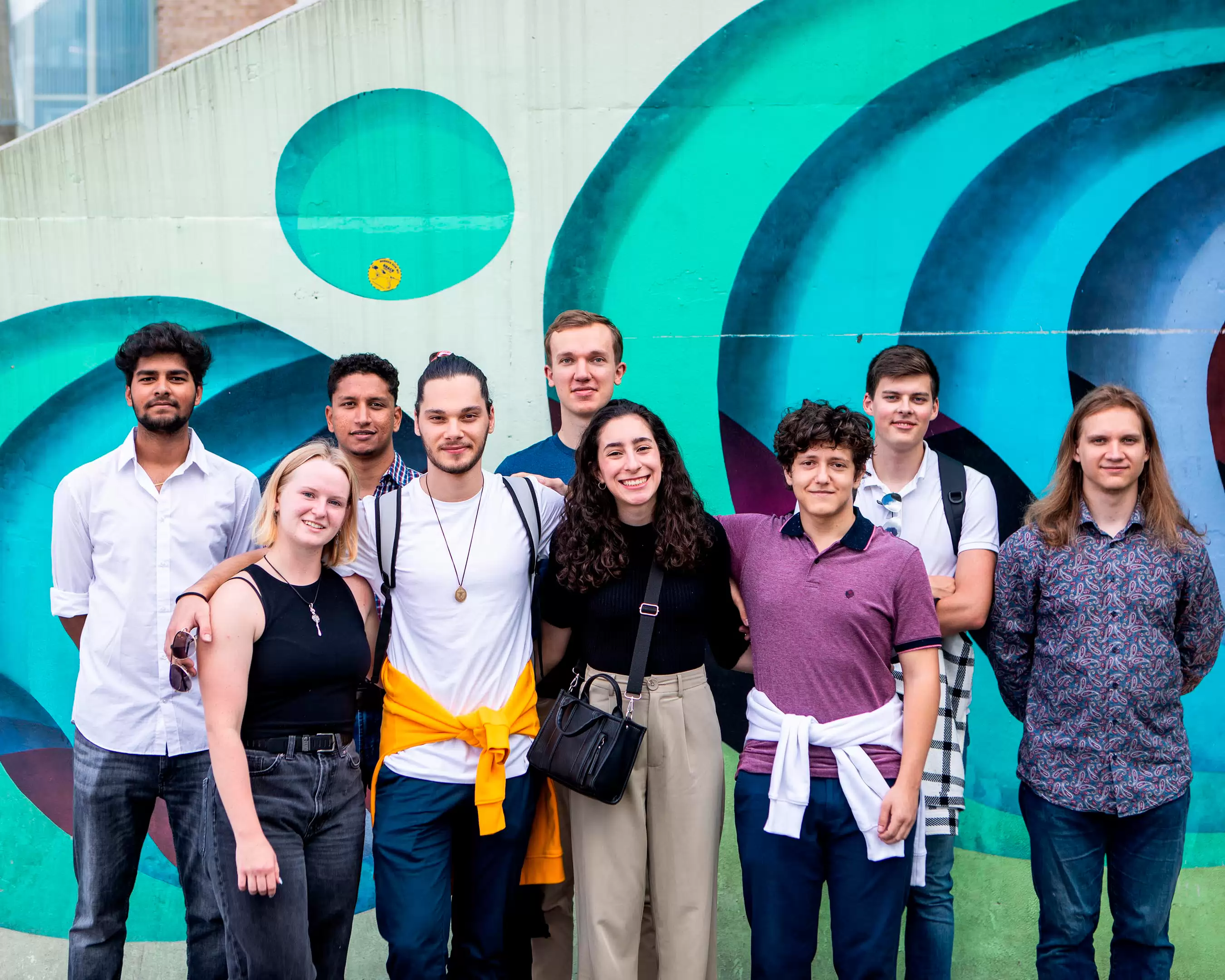
Starting a study in a foreign country is exciting. Learn more about how Fontys can assist you, especially with accommodation, amid the Dutch housing crisis.
September
English
4 year(s)
Bachelor
Full-time
Eindhoven